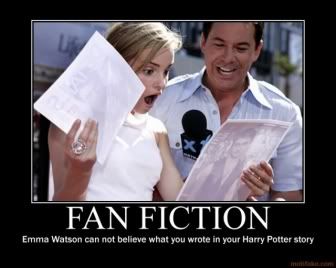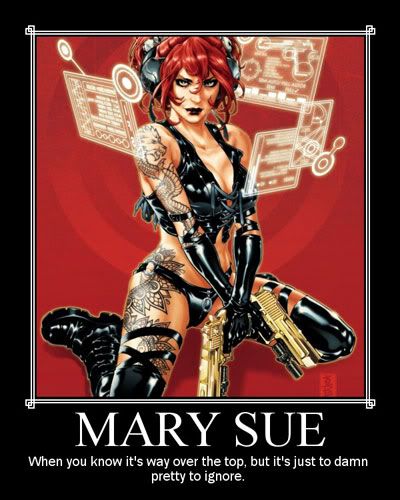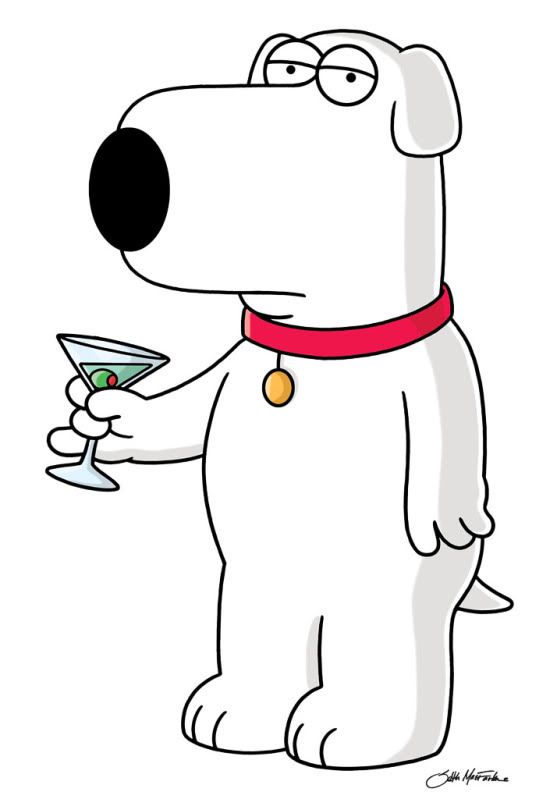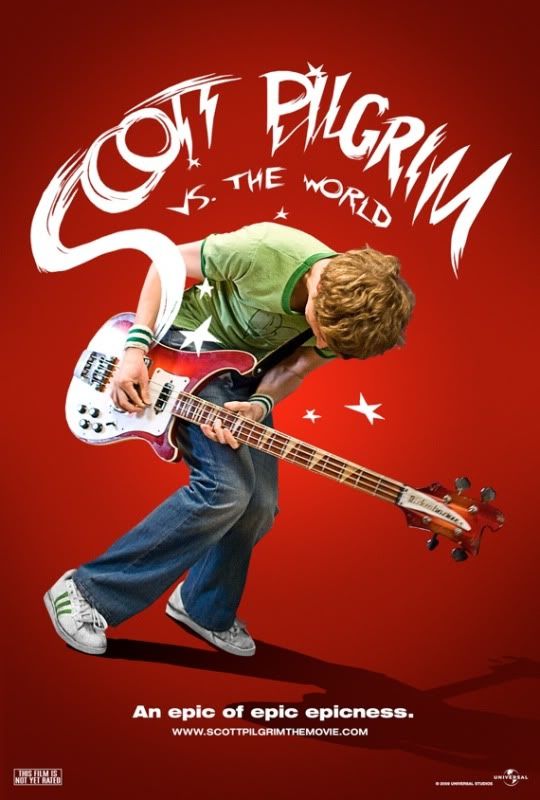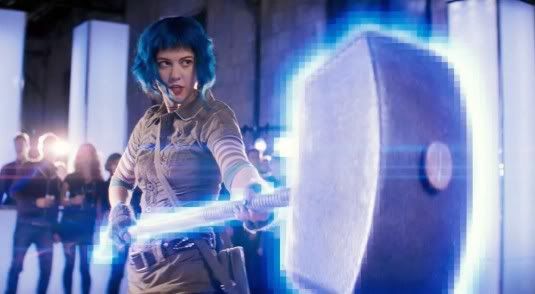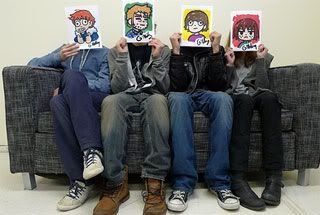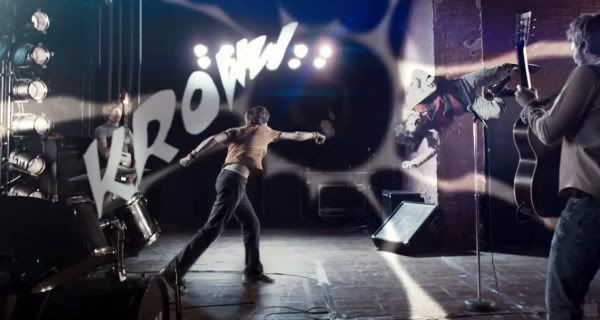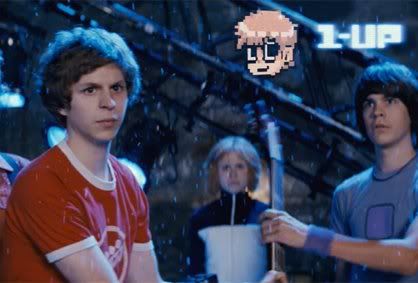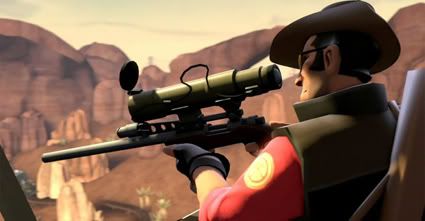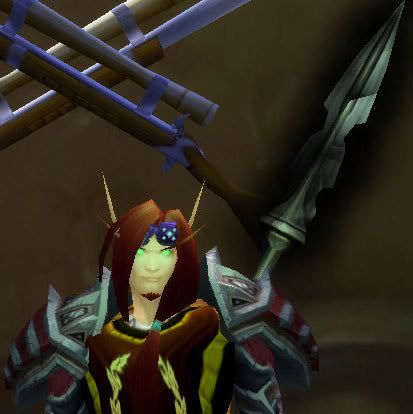Listen. I know playing a blood elf makes me one of the ‘pretty boys’ of the Horde. I know that the race in general tends towards arrogance, selfishness and vanity. And I know that we’re going to get a bit of stick on that basis alone, no matter how much we as individuals might try to break those stereotypes.
You fucking sparkling snowflakes are not making this any easier.
If you don’t know what I’m talking about, let me explain what I mean. In World of Warcraft you take on the role of a character who might not be human. You could be an orc, or a troll. You can be a towering minotaur, an ageless elf, a festering yet sentient zombie or a goat-person from space. These characters have special abilities, and as you gain experience you also gain more power.
Some people feel the need to add extra layers to this setup. It’s not enough to just be a proud dwarven warrior or a disenfranchised elf or an ambulatory soccer ball “eager and precocious” gnome. No, some people feel they also need to be half-dragon half-vampire demon slayers “cursed” with lycanthropy. Seriously, I’ve seen people pulling that, and this is a mild example.
And not only do these morons dump piles of crap on top of their characters, they feel the need to broadcast it every chance they get. They could be standing on the main thoroughfare of a city, which is locked in combat with a particular group of dragons bent on the destabilization if not destruction of the world, and declare to anybody within earshot that they are a member of that selfsame group of dragons. Palm, meet face.
This affliction upon my chosen hobby is serious, but it isn’t terminal. There are ways we can fix this.
How, you ask?
Leave The Poor NPCs Alone
I will admit, I used to be bad about this myself. I used to play a character who was, in essence, a demigod. Moving to Warcraft from EverQuest watered him down quite a bit and helped me realize how pretentious it was of me to make assumptions about characters I’ve had no hand in creating. I think it’s safe to say I grew out of that phase.
When I see somebody saying their character is “this NPC’s master of siege warfare” or “that NPC’s hidden illegitimate son”, however, I rage just a bit. Sure, not everybody has realized how foolish that is, or even how it sounds. Yeah, people are entitled to playing whatever fantasy they want.
I have just as much right to pointing out how much it sucks. Seriously, you couldn’t come up with anything more original? Is it so hard to put one or two or a hundred degrees of separation between you and a particular canon character? Don’t you like heroes that come out of nowhere, from humble beginnings, and have to work their way towards greatness rather than being born into it?
That’s one thing I like about WoW’s achievements and some of the titles you can earn along with them. The key word in that sentence is “earned.” Things that are earned tend to mean more than things that are inherited, especially if you’ve only inherited them due to a lack of imagination. Do what you can to tell a story that, for the most part, leaves the poor NPCs alone.
Especially death knights. You people are special enough already. Your character, already a special something, let’s say an Oreo, has been given an extra layer of power and backstory by being raised by the Lich King and subsequently freed from his malevolent control. You are now an Oreo that’s been deep-fried. YOU CAN STOP THERE. You don’t also need to be a special sparkling vampire or a shapechanging dragon princess or dating the Banshee Queen or anything like that. ESPECIALLY YOU BLOOD ELF DEATH KNIGHTS. KNOCK IT OFF ALREADY.
Strippers Aren’t Automatically Naked
Things have more excitement and generate more interest when something is left to the imagination. A dancer approaching her audience in a gentleman’s club usually has something on, even if it’s designed to be removed very quickly. She’s not just bare for all to see right from the off. There’s something to look forward to, a feeling of the unknown, a touch of mystique.
In other words, do NOT dump your character’s entire life story and all of their secrets into a description box.
For one thing, it’s an area labelled “description” because it should have a description in it. Not a detailed explanation of why it’s totally plausible why you’re the bastard butt-baby of the human king and the orc warchief. Not a listing of all your character’s plans and motivations. And while listing a theme song by title and artist may be appropriate, laying out all of the lyrics of that song is not. Stop it.
I’ve let a paragraph or two of description run away with me in the past. I’ll admit it. I’m not trying to say I’m perfect and all of you suck. I’m saying that we all suck, but we can change that. When you get called on a description being too wordy or too revealing or too face-palmingly awful, change it. Don’t get butthurt, don’t point out how Knaak or Metzen said this or that or the other, just change it. It and you will be better for the experience.
While we’re on the subject, stop talking about how much you hate paladins when you’re surrounded by fucking paladins. You’re a magic-user, Intelligence is likely your highest stat, you’re supposed to be smart.
Grammar And Spelling: They’re Not Just For School Anymore
For Thor’s sake, people, this is basic stuff. I know not everybody has English as a first language, and now and again I’ll see a dangling participle or a sentence ending with a preposition. That’s okay. It happens.
But when I see people consistently and blatantly failing to capitalize and punctuate their sentences properly, my vision goes red. It is not that hard to hit Shift when you start a sentence. It’s even easier to press the period or question mark when you end one. Otherwise, how the hell am I supposed to tell how the conversation is flowing? You’re making me burn extra lean tissue on your sentences and it is pissing me off.
Even worse is the use of abbreviations in-character. A solemn declaration such as “You have no idea to whom you are speaking” loses some of its gravitas when it comes out “Shut up before I break ur face, u no nothing ((just kidding LOL))”. If your character is supposed to be eloquent, make an effort to type that way. Not every sentence you type has to be grammatically correct, in fact I’m sure several I’ve banged out just now aren’t, but can you at least make an effort to make this stuff coherent?
I think I’ve said my piece for now. Play me out, Mr. Durden.
You are not special. You are not a beautiful or unique snowflake. You’re the same decaying organic matter as everything else. … You’re not your class. You’re not how much gold you have in the bank. You’re not the mount you ride. You’re not the contents of your flag description. You’re not your fucking Sue. You’re the all-singing, all-dancing crap of the world.
